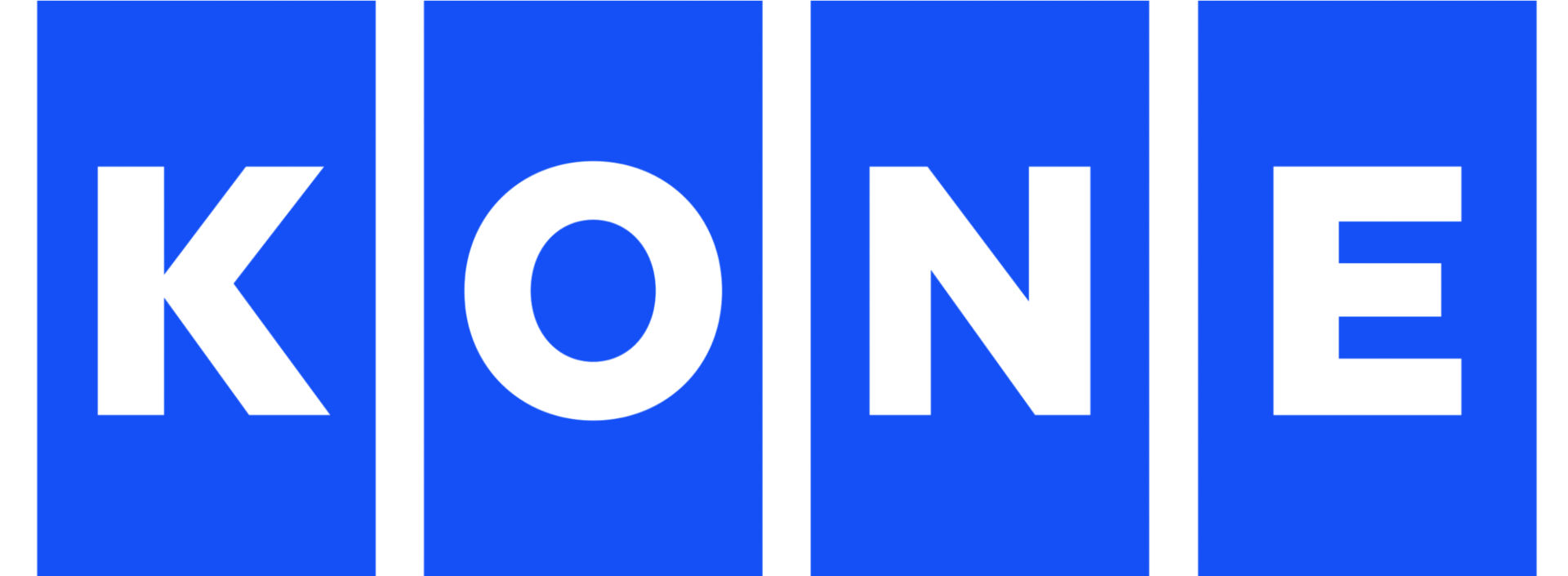Would you like to explore our corporate site or visit your local website?
Stay on Corporate siteIf you visit Balvenie Primary School in a rural community in South Africa, you will probably see Farieda Wakefield, the school’s Principal, leading a team of volunteers handing out meals almost every day. Farieda and the team are trying to feed over 250 underprivileged children hit even harder by the impact of COVID-19.
Today, a child counselor at Kids Helpline in Milton, Australia will console, offer guidance and be available to protect a young caller in distress, or someone who is perhaps in harm’s way.
And tonight, in a modest, two-bedded room in a shelter for homeless mothers in the USA state of New Jersey, a child will open their new laptop provided by the York Street Project to download tomorrow’s online school lessons, an act that the evening before may not have been possible.
These and thousands of similar events will happen today, tomorrow and many days thereafter due in part to a global donation program launched by KONE earlier this year.

From local laptops to a global fund
Starting out as a donation scheme in Finland to provide disadvantaged children with a laptop – and to help make online education easier to access – the program quickly expanded beyond its national borders. It had become clear that the effects of the pandemic were spreading far and wide and that other children needed help.
“The success of the laptop donation project in Finland, together with the worsening global COVID-19 pandemic, motivated the company to greatly expand the program to all regions in the world where KONE has operations,” explains Suzanne Innes-Stubb, head of global compliance for KONE and who headed up the initiative.
“A €500,000 fund equally distributed among our five geographical areas was established to support non-profit charities. These organizations focused on child welfare and education efforts particularly impacted by the pandemic.”
The program today has already funded some 56 recipients in 42 countries that include private charities, religious groups, school districts, government ministries and child welfare organizations, among others. KONE staff in different countries were tasked with identifying qualified beneficiaries, which in some cases included charities that local employee volunteers have been helping for years.

Supporting a myriad of noble causes
Though every recipient of funding has as its main constituency underprivileged children, that is where their similarity in scope ends. Funds have helped in a broad range of cases.
For example, one case financed the purchase of critical Personal Protection Equipment (PPE) for 10,000 students and staff in three primary schools located in Qingfeng County of Henan Province, in east central China. Mr. Jiang Haiyang, head of the public welfare project, reports that the face masks and hand sanitizers were critically needed.
“Many of our students do not have access to online education, so it was important for us to resume in-classroom schooling as soon as possible. In this regard, the PPE equipment helped make this possible,” says Haiyang.
In other cases, laptops and tablet computers were funded to extend the reach of online learning for less fortunate children in countries from Thailand to Cyprus.
The Ban Hua Na School, located in Thailand’s remote northern Phetchabun Province, received computers from KONE’s country headquarters, a further extension of support for their “Zero to Hero” project that has been ongoing for over five years.
Similarly, on the Mediterranean island of Cyprus, funds donated to the ‘Hope For Children’ CRC Policy Center helped to purchase a quantity of tablet computers to support distance learning for children. Acknowledging the support received, Andria Neocleous, Director of their Humanitarian Division commented, “Our challenge was to immediately act for the children’s well-being and to ensure their access to education. KONE’s donation helped to cover the e-learning needs in terms of equipment to approximately 2,500 secondary education children, but also gave us the capability to initiate other activities to support children on Cyprus during this COVID period.”

A funding lifeline on several fronts
Beyond laptops and PPE equipment, funds were also employed in even more direct, humanitarian forms. Food banks and similar programs received strong support in countries including Egypt, Morocco, South Africa and New Zealand, among others.
“We support 788 schools, 61 early childhood centers and provide 40,000 meals and snacks a day throughout New Zealand,” explains Julie Chapman, CEO and Founder of KidsCan, a charity supporting children in hardship. “However, the COVID pandemic ended many of our fundraising activities. KONE’s donation helped us to deliver 4,000 food parcels to isolated families due to the lockdown here.”
And in the Netherlands, a unique program that introduces disadvantaged children to a wide range of professions with the assistance of ‘flash interns’, or short-term career coaches, still moves forward too, says Ebrien Hamelink, Communications Manager for JINC. “The funding has made it possible for us to shift to more customized programs, as live-site visits to businesses have been curtailed due to COVID.”

The KONE donation program has proved to be a small lifeline for dozens of charities worldwide to continue their humanitarian work despite the menace of COVID-19, but it is perhaps the selfless efforts, communal spirit, volunteerism and the small kindnesses afforded to one another that will be remembered most by those assisted.
READ MORE
Keeping the wheels of society running
Children’s education and welfare program supports disadvantaged kids during the pandemic
Using cloud technology to keep critical sites operational in a time of crisis
Rethinking how we live, work and play in cities
Solutions for a healthier new urban normal
Pushing the boundaries to put health first

